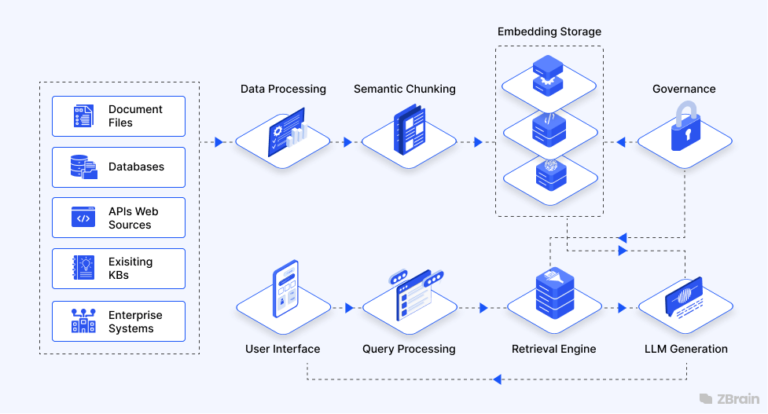The Importance of Tech in Supply Chain Management
The integration of technology in supply chain management is pivotal for modern businesses. It enhances visibility and transparency, enabling organizations to track products and resources in real time. Automation and data analytics improve efficiency, reducing costs and human error. Moreover, technology facilitates adaptability to shifting market demands. However, the implications of these advancements extend beyond operational improvements. What challenges and opportunities arise from these technological advancements in supply chains?
Enhancing Visibility and Transparency
As supply chains become increasingly complex, enhancing visibility and transparency has emerged as a critical strategic imperative for organizations seeking to optimize operations.
Effective data tracking allows for real-time insights, facilitating informed decisions. This transparency not only aids in risk management by identifying potential disruptions but also empowers organizations to streamline processes, fostering a proactive approach to supply chain challenges and ensuring operational resilience.
Read more: Top Venture Capital Trends in the Tech World
Improving Efficiency and Cost Reduction
While organizations strive to remain competitive in a rapidly evolving market, improving efficiency and reducing costs within the supply chain has become paramount.
Automation tools streamline repetitive tasks, minimizing human error and accelerating processes. Meanwhile, data analytics provide valuable insights, enabling informed decision-making that optimizes inventory levels and transportation routes.
Together, these technologies foster a more agile supply chain, ultimately enhancing profitability and operational effectiveness.
Adapting to Market Changes and Consumer Demands
In today’s dynamic marketplace, the ability to adapt to market changes and shifting consumer demands is crucial for supply chain success.
Leveraging data analytics enables organizations to interpret consumer behavior effectively, allowing for timely adjustments in inventory and distribution strategies.
This strategic responsiveness not only enhances customer satisfaction but also fosters resilience, empowering businesses to thrive amidst uncertainty and competition.
Conclusion
In conclusion, the integration of technology in supply chain management is akin to the invention of the wheel, revolutionizing the movement of goods and information. Enhanced visibility and efficiency, coupled with the ability to swiftly adapt to market dynamics, position organizations to navigate an increasingly complex landscape. As businesses leverage data analytics and automation, they not only mitigate risks but also drive profitability, securing a competitive edge in a fast-evolving marketplace. Embracing this technological evolution is imperative for sustained success.






